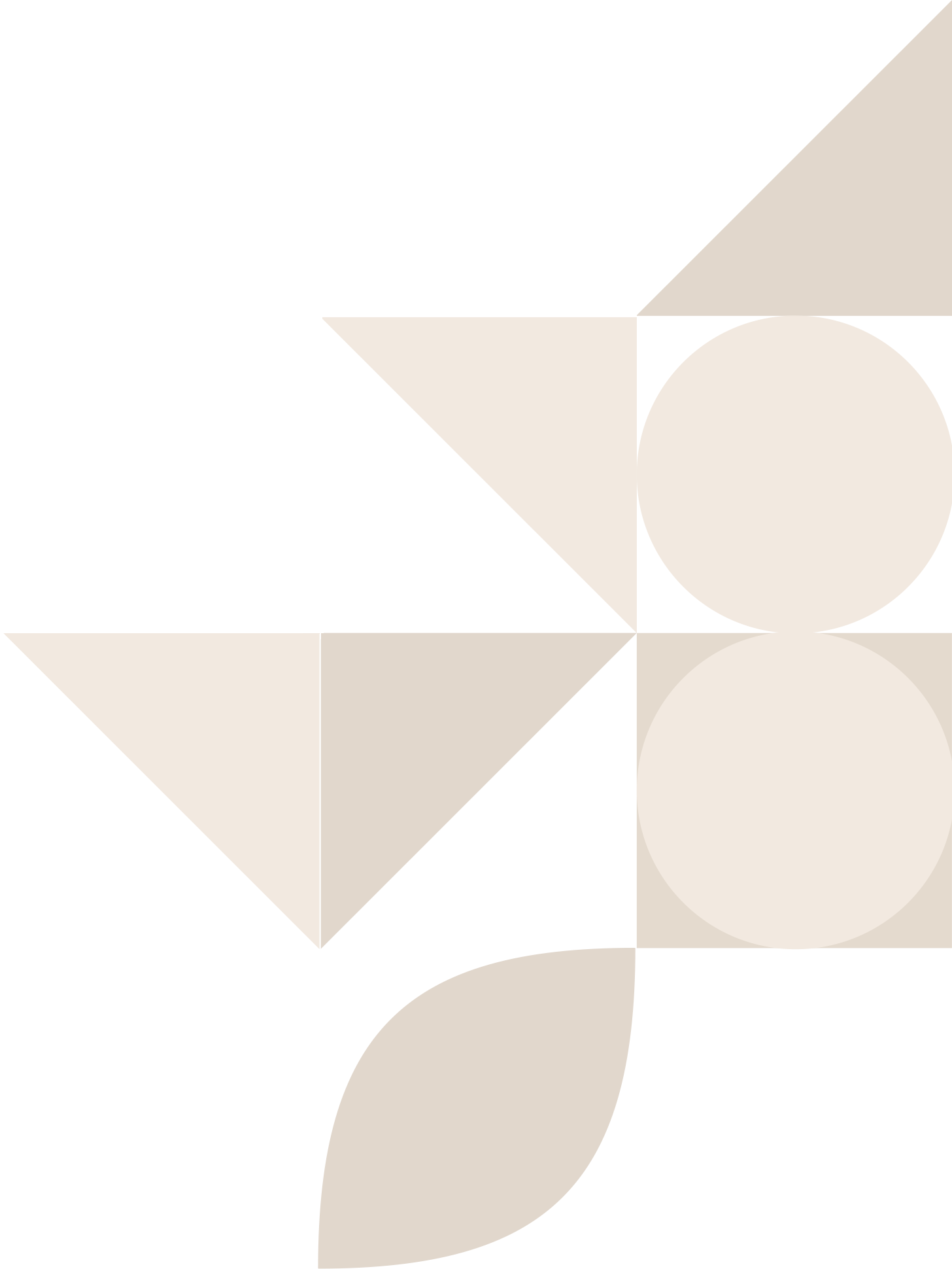The systems view of life: A unifying vision
Ontgroeien, degrowth, antigroei? Of is dat eigenlijk precies de verkeerde benadering? Alle levende systemen groeien, maar die groei gaat na een kwantitatieve fase in de vaak over in een kwalitatieve ontwikkeling. Zou dat een oplossingsrichting kunnen zijn? Niet groei an sich is slecht, de gekozen richting van de groei wel. Systeemonderzoeker Fritjof Capra verwoordt het mooi:
“Our key challenge is to shift from an economic system based on the notion of unlimited growth to one that is both ecologically sustainable and socially just. From the perspective of the systems view of life, "no growth" cannot be the answer.
Growth is a central characteristic of all life. A society, or economy, that does not grow will die sooner or later. Growth in nature, however, is not linear and unlimited. While certain parts of organisms, or ecosystems, grow, others decline, releasing and recycling their components, which become resources for new growth.
This kind of balanced, multifaceted growth is well known to biologists and ecologists. The recognition of the fallacy of the conventional concept of growth, the two authors suggest, is the first essential step to overcoming our economic crisis. In the words of social-change activist Frances Moore Lappé (2009):
Since what we call "growth" is largely waste, let's call it that! Let's call it an economics of waste and destruction. Let's define growth as that which enhances life — as generation and regeneration — and declare that what our planet needs is more of it.
The notion of "growth which enhances life" is what is meant by qualitative growth — growth that enhances the quality of life. In living organisms, ecosystems, and societies, qualitative growth includes an increase in complexity, sophistication, and maturity.
Unlimited quantitative growth on a finite planet is clearly unsustainable, but qualitative economic growth can be sustained if it involves a dynamic balance between growth, decline, and recycling, and if it also includes the inner growth of learning and maturing.”
Ik kwam deze passage tegen in de boeiende dissertatie van Anneloes Smitsman,
Doctor of Philosophy en Into the heart of systems change
Want to join the discussion or bookmark this post for later?




